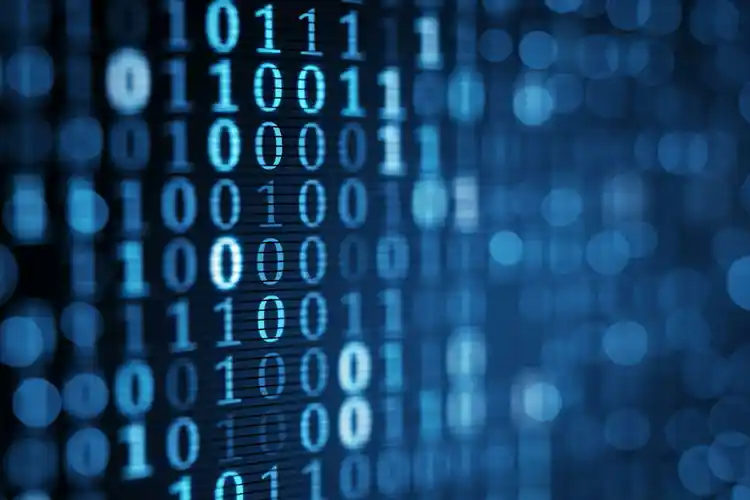What Is AI?

Hide Video Transcript
Video Transcript
ALEX TREBEK
Now the last clue. Even a broken one of these on your wall is right twice a day. Watson? WATSON
What is clock? ALEX TREBEK
Clock is correct. And with that, you move up to $23,440. SPEAKER
You're watching the top two Jeopardy contestants of all time playing against a computer name Watson, and they're losing badly. At one point, people thought this was science fiction, that machines didn't have the ability to beat a human in complex games like this, because humans are really intelligent. But it turns out artificial intelligence is sometimes smarter. SUCHI SARIA
So AI is ways by which we can make machines that are smart. The thing that's making the computer smart is effectively the algorithms that are running behind this. Algorithms are just basically logic that says, when I see this, here's my forecast of what should happen. So it's reasoning the way the human brain does. People learn from experience. They basically do something, they see how it worked, and if it does well, then they continue keeping that strategy. And it doesn't work, they change the strategy. Computers can learn both a lot faster and from a lot more data.
SPEAKER
While AI sounds futuristic, it's actually already in our daily lives. Email filters, chat bots, product recommendations, music recommendations, traffic maps, weather forecasts, bank fraud detection, Alexa and Siri, self-driving vehicles, airplane auto pilots. You can't go a day without interacting with AI. It works like this. You give AI a ton of data and it sorts through it all very quickly, recognizing patterns, identifying images, and making matches. Or you can give AI a task, and it can keep trying new ways to figure it out. For example, a company named OpenAI taught some bots to play hide and seek. The blue ones get more points for hiding longer and the red ones get more points for finding them.
At first, they kind of just run around. But after a while, they learn to block doors. So the seekers learned to used ramps to jump the walls. Then finally, the hiders just steal the ramps. No human is helping them figure this out. They learn this by playing millions of games day and night, no eating or sleeping necessary. They just keep trying things over and over to see what works.
Playing games is fun, but what if it could help save lives? The health care industry is finding a lot of new ways to use AI.
SUCHI SARIA
There are typically two benefits you get. Speed, the fact that it can read data much faster than humans can. And it can read data in a tireless way. The ability to read millions of scans or millions of patient records in a matter of seconds is pretty impressive. Second is the ability to look beyond, to reason holistically, and look for items and like, subtle changes that the human eye would miss. SPEAKER
AI is now being used to discover new medications for patients, and researchers are testing it to design personalized treatments, predict outcomes, enhance patient safety, and more. Take radiology scans, for example. Researchers are now testing computer models trained with millions of radiology images that are positive or negative for cancer. Then you could show it a brand new scan you're unsure about, and the AI would use all that information, and in a matter of seconds, help determine if that new scan shows cancer. SUCHI SARIA
The more data we collect in any part of our lives, the more easy it is to imagine how you use the data to make our experiences more personal. Or a patient's past medical history, you could look at a lot of data to be from this patient in order to be able to make very holistic decisions. SPEAKER
All this can make you wonder, will I even need to see a human doctor in the future, or will my general practitioner be a robot? SUCHI SARIA
Oh, absolutely not. Health is a lot more than getting the right treatment. It's knowing that you will be OK. And that comfort is a lot easier to get when you have a partner across the table. They understand where you're coming from. They are able to identify maybe ideas that aren't recorded in the data, and personalize and tailor the experience to you where you know you feel assured that you will be OK. Machines can't do that. SPEAKER
Computers are great at going through mass amounts of data at an incredible pace, but humans are a whole lot better at working with people. So while the scenes at hospitals and in your daily life will absolutely change, there's still a need for flesh and blood humans. So we don't need to beat them. We just need to learn to work alongside AI. ALEX TREBEK
Bram Stoker is what we're looking for. And we find, who is Stoker, I, for one, welcome our new computer overlords. [LAUGHTER]